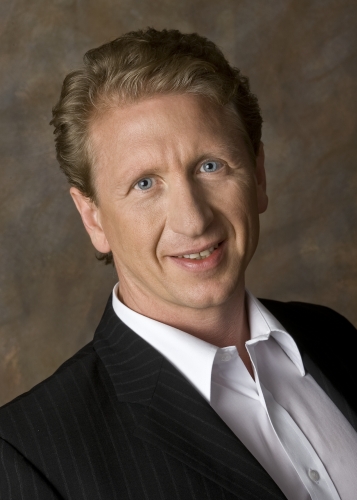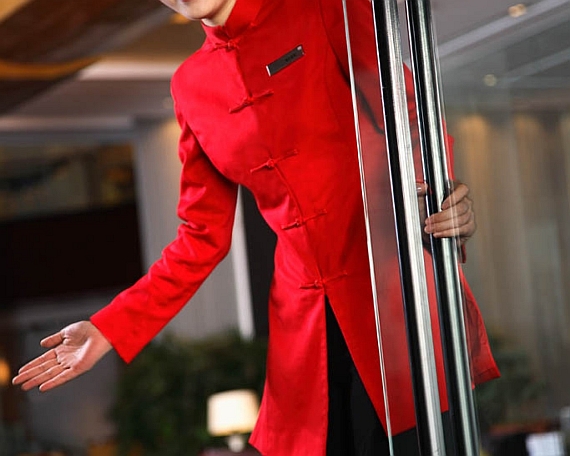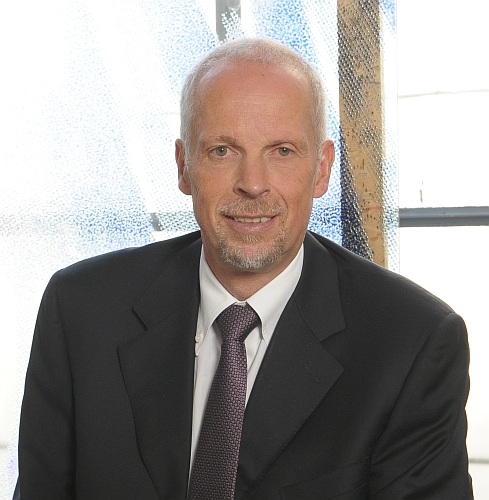Loop organiser Andreas Mueller regarding the emotionalising of luxury
 |
|
| Simplicity and emotions make luxury. Example by Six Senses Zighy Bay Oman. / photo: map |
Offenbach (June 12, 2015). The small, refined "loop" luxury trade fair in Offenbach has developed admirably (as reported in March/see link). The second edition this year also demonstrated how important the personal conversation between supplier (hotel) and customer (in this case, buyer) is and particularly in the luxury segment. "Luxury always starts with the person," said Andreas Mueller, "because in this segment, emotions are exclusively sold." The Managing Director of Lobster Experience, the organiser behind loop, believes that hoteliers and sales managers often convey too little empathy. Mueller is a follower of neuro marketing, the connections between the personal character and the dialogue with the luxury guest. "To know that my customer is a 64 year-old entrepreneur is not enough!"
And in the meantime, Social Media has taught us "Storytelling". In the business of luxury, this must still be implemented much more professionally: It is not enough if the hotel can tell a story about itself – no, the sales managers and marketing managers must be able to tell a 1000 stories: About their hotel and their guests. A picture book must be opened before their eyes when the name of a luxury guest comes to mind. What are their hobbies, how do they live their everyday life, what do their spouse and children like?
 |
|
| Andreas Mueller: Feel what the guests think. |
"Those would like to emotionalise luxury no longer need to think about the demographic basic data of their clientele, but must deeply imagine themselves in the psychographic target groups," said Mueller. "And the hotelier must be able to assign these pictures to their offers and their hotel life." Very briefly: The hotelier must become completely involved in their guest and openly provide for their expectations – and communicate to the guest that this is in order to allow them to "feel good". Only the guest can allow for the offers to be presented to them.
In this context, Mueller happily refers to the knowledge of the German Psychologist Dr. Hans-Georg Haeusel, visionary of the neuro marketing and an internationally accepted expert in marketing, sales and management brain research (http://haeusel.com / limbic_. html).
Other words can also be found for this sensitive construction of a business connection to the guest: The hotel staff members should always meet the guest with great attention in order to thereby generate trust. They must anticipate, foresee which emotion the guest is in at that moment – and pick them up from there. "The people who take a holiday at the hotel and seek out relaxation would like to feel tranquillity and peace."
Emotional management can be learned
With this, the human factor arises at the hotel with a much, much more significant meaning than most are presumably aware of. The general manager or hotel owner advances as the director of empathetic, sensitively operating teams who serve as a backdrop and the offers as wholesome, people-oriented props in the hotel.
 |
|
| Luxury in business look: It's part of the game. / photo: Kempinski |
The personality makes the success. Little things such as listening to the guest very carefully, allowing them to speak, interpreting their facial expressions /gestures and providing them with a service readiness. "Managers with a highly empathetic personality structure know themselves very well," said Andreas Mueller, "they do operate external-determined, but rather self-determined. They are not an entrepreneur, but rather an intrapreneur!"
Andreas Mueller himself is a neuro strategist and continuously analyses the constantly changing tourism industry. He consults, coaches and trains entrepreneurs from the German-speaking market on their path to being successful entrepreneurs; and up to now, more than 500 in number and not only from the tourism industry. From these experiences, he knows that many managers and owners lead their hotel in a sober rather than in emotional manner. "85 percent of the companies cannot deal with emotions," he says. "But a certain charismatic characteristic be trained and learned, as one scales feelings. And very quickly, the guest will be asking their self why it is that the hotel is 'so different' from the others …"
 |
|
| Dr Hans-Georg Haeusel, mastermind in thinking luxury. |
Creating a mindset for luxury
Decisions are not made rationally, but emotionally. "Therefore, the hotelier must create the mindset for it – particularly if the hotel sells rooms for 1,000 Euro per night." Starwood Hotels and their W brand are a top example of emotional selling for Mueller. "The customer comes to be happy. Therefore, one must inspire them. And they, themselves – particularly if they are an entrepreneur – know what that is best of all: Since they, themselves, are likewise subjected to very high stimulants in their own everyday life."
Externally determined hoteliers do not provide a positive radiation; they seem rather vague, do not reflect their own behaviour and are not able to motivate themselves. "An empathetic hotelier can enable / motivate their self to do everything for a contented customer." Thus, Mueller also criticises many "Service Excellence" trainers who are on the move in the tourism industry and always start with the hotel strategy and the hotel revenue – and not with the personality of manager, owners and team. "Luxury stems from the attention to the present, not from the figures of the past." / map
Continuative Links:
To print this article you have to be registered and logged in for newsletter, visitor or subscription.





